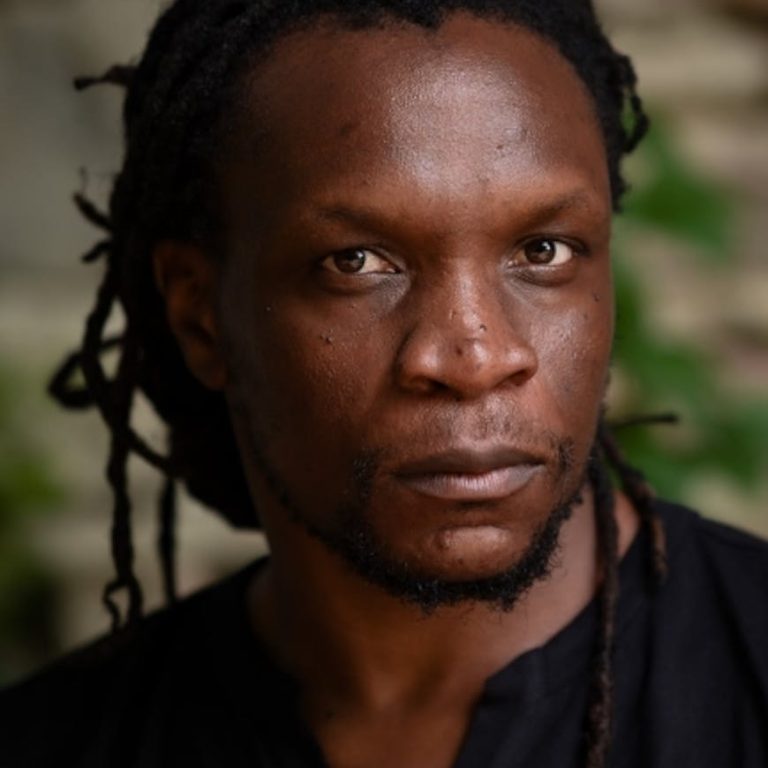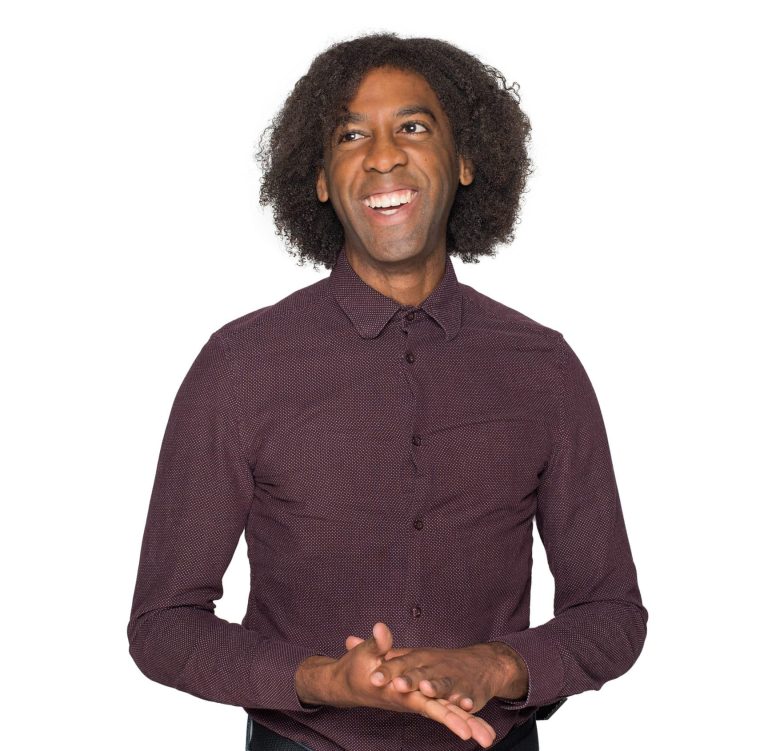This week’s Poem of the Week is an excerpt from “Skinned Alive”, from the 2017 Griffin Poetry Prize shortlisted In Praise of Defeat, a collection of the work in French of poet, novelist, playwright, translator, and political activist Abdellatif Laâbi, translated by Donald Nicholson-Smith. These crisply presented lines offer a sharp twist on the poetic…
This week’s Poem of the Week is an excerpt from “Skinned Alive”, from the 2017 Griffin Poetry Prize shortlisted In Praise of Defeat, a collection of the work in French of poet, novelist, playwright, translator, and political activist Abdellatif Laâbi, translated by Donald Nicholson-Smith. These crisply presented lines offer a sharp twist on the poetic device of rhetorical questions.
The first line, one of only two that are punctuated with something other than a question mark in this section of the poem, is perversely sprightly.
“How easy the inquisitor’s questions are!”
No one can possibly imagine an inquisitor asking easy questions, so what exactly is going on as the questions ensue? And as they ensue, to what a cascade of mounting urgency, cynicism and, surprisingly, spirit the reader – bewildered but morbidly fascinated – is subjected. In fact, at the pace at which the thorny, provocative, perverse queries proceed, the reader experiences a psychological bombardment not unlike that of the inquisitor’s victim.
“Compare them, he says, with the questions
I sometimes dare not ask myself”
Is the inquisitor genuinely being self-deprecating? Of course not. He’s playing ornate mind games, games buried in the spaces between the words assembled into labyrinthine and subtle multiple negatives and deadly pitfalls. It’s a challenge to slow down the battery of questions so one can try to carefully parse words such as “hidden”, “untainted” and “taboos”. Every question is deceptively succinct, treacherously loaded and menacing.
The ominousness of the final line in this section …
“Are you not a little prone to play the martyr?”
strongly suggests the narrator / target of the inquisitor cannot possibly prevail in this encounter, which is undoubtedly one of many. But there have clearly been many meetings between questioner and questioned, so has the cynical humour of that opening line served as a survival mechanism?
These words, so complex and astringent in translation, clearly illustrate how attuned the translator (Nicholson-Smith) is to the original questions and how they were posed by – and perhaps to – the poet (Laabi).



